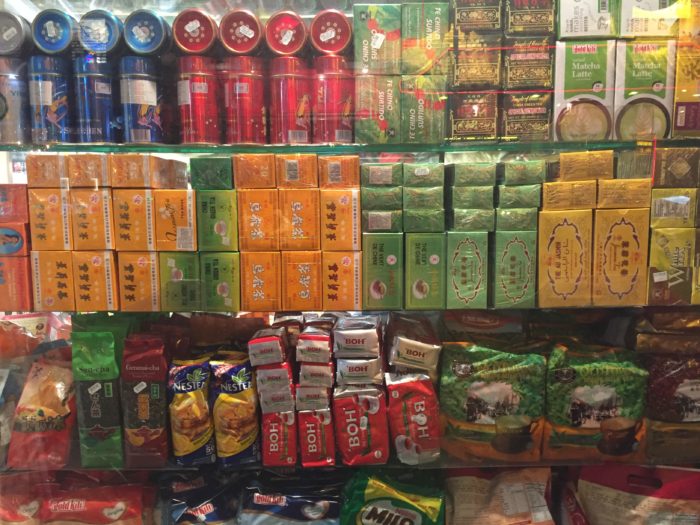
The dizzying array of health and lifestyle choices can leave us so confused that it may even undermine our wellbeing…
By Liz Hollis
Deglycrrhised licorice, dong quai, chlorella, L-arginine, L-cysteine, L-Glutamine… the baffling array of supplements for sale in your average health food store is enough to make you feel light-headed with choice.
Choosing a diet plan can be even more bewildering. Search for ‘weight loss books’ on amazon and you’ll be offered a staggering 54,564 options.
Meanwhile, buying fitness gear is enough to exhaust you before you even start exercising. Big brand adidas is typical with its selection of 532 trainers plus an extra option to customize your own pair if you can’t find what you want in that lot
The internet sends the number of health and fitness choices soaring – proffering up thousands of options at the click of a mouse.
On first glance it seems beneficial to have so much choice – especially when post-war generations had such minimal options and cared more about whether they ate rather than what they ate. However, latest research shows that far from making us feel better, this choice overload may actually be harming our health.
Author of The Paradox of Choice, psychologist Barry Schwarz, says we have long-assumed increased choice is good for us, but in the Journal of Consumer Research he points out that the opposite may be true. “Too much choice can produce a paralyzing uncertainty.”
“The huge number of choices that assault us every minute of every day is making many of us feel inadequate, overwhelmed and in some cases even clinically depressed,’ he says.
We feel bad that every time we actually make a choice, it seems we are missing out on other opportunities. This makes us feel inadequate and dissatisfied with what we have chosen.
Research confirms that the less choice we have the better we feel. Professor Mark Lepper at Stanford University, in the US, found that consumers who tested just six jams went on to buy more and feel happier than those offered 24 to taste.
Faced with such bamboozling choice, the best tactic is to stop worrying about making less important choices, such as which cycling shorts to buy. Decide outline priorities before you look at available choices, which might mean only looking at trainers in a certain price range, colour or brand – or sticking to one shop or website. Choose quickly to feel more satisfied – pick out three or four options to limit yourself then select from those.
Don’t expect to become an expert yourself, instead seek advice. Call on expert tips from web-based price checkers and expert recommendations from respected sources such as H&F.
Crucially for mental wellbeing, save your decision-making powers for things that really merit the time and effort – such as whether to start a family, switch jobs or get married.
‘Choose when to choose and just opt out of deciding in some areas of your life,’ says Barry Schwarz. ‘Decide which choices in your life really matter, focus time and energy there.’
Expert help
Rather than making wading through all the choices on offer, reduce anxiety by taking advice from those in the know. In her book Latte or Cappuccino: 125 decisions that will change your life (Mombooks, £9.99) author Hilly Janes looks at the everyday health dilemmas we all face.
Muesli or granola? Both are packed with healthy raw ingredients such as oats and seeds but granola has extra calories and fat. Answer: muesli
Regular or whitening toothpaste? Whitening toothpastes are more abrasive and may sometimes damage teeth. Answer: regular
Zinc or Echinacea? The evidence that zinc can shorten and prevent a cold is strongest. Answer: zinc
Latte or cappuccino? A latte made with semi-skimmed milk has more calories (150 compared to 90). Answer: cappuccino
Sparkling or still water? The gas in sparkling water can lead to bloating and wind as it passes through your digestive system. Answer: still
